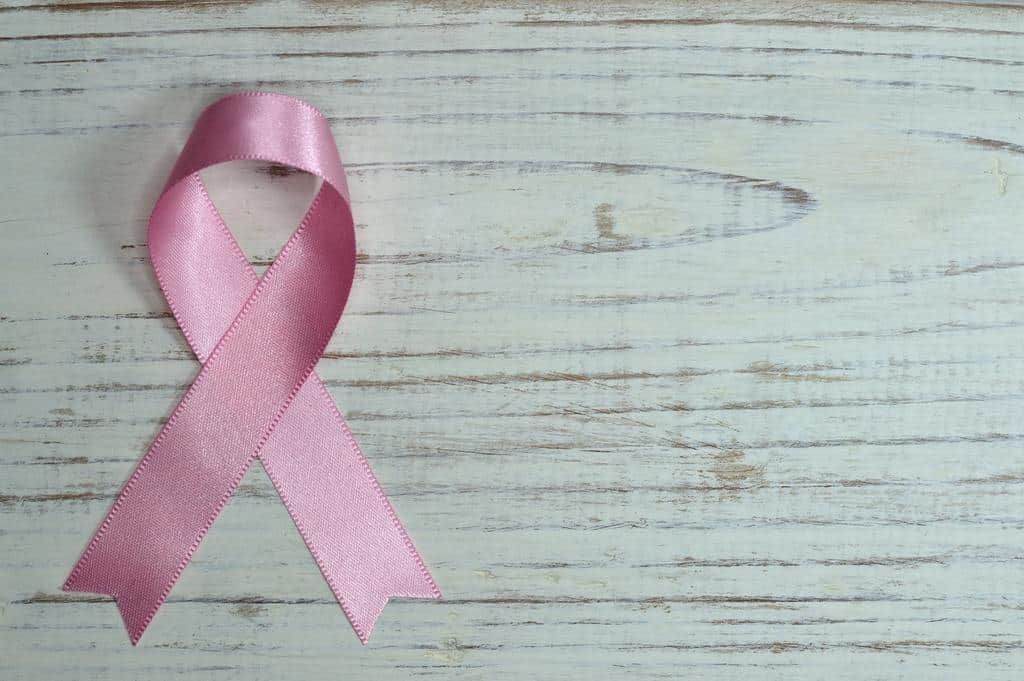Many people believe that death is their enemy, and that the job of a doctor is to fight death and “save” patients from that inevitable end. Perhaps that’s why diagnoses like cancers and heart disease can rally social networks to support an individual while other diagnoses like chronic fatigue syndrome (CFS) and fibromyalgia (“invisible illnesses”) are often ignored. People routinely die of cancer and heart disease, not CFS.
In reality, we are all slowly dying of a fatal condition: life. Yet few people are familiar or comfortable with the dying process; hospitals and hospices remove our dying and dead loved ones from our presence, funeral homes prepare their bodies to resemble the living, graves are sequestered inside cemetery walls. It is no surprise then, that we are less comfortable with death, as a society, than most of the generations before us.
It is precisely the confrontation with death that a patient with cancer experiences, that gives her the opportunity to redirect her life so that her remaining days are more meaningful. Cancer gives us the “Aha!” moment that creates awareness our mortality. This is the “gift” of cancer; the silver lining to a terrible diagnosis. A painful, difficult, and costly experience that asks that individual to choose between growth and stagnation; the dying is inevitable.
In his book, Love, Medicine, and Miracles: Lessons Learned about Self-Healing from a Surgeon’s Experience with Exceptional Patients, oncological surgeon Bernie Siegel, MD shares stories of patients who were cured of cancer through sheer will and attitude and those who gave up and died. “An awareness of one’s mortality can lead you to wake up and live an authentic, meaningful life,” he writes.
Unconditional love is the most powerful stimulant of the immune system. —Bernie Siegel, MD
Siegel describes several common traits of cancer survivors: they express their feelings and ask questions, they seek wisdom (reading books, searching the internet), they look for spiritual support by finding meaning in their lives, they act as if they were the person they want to become, they love and laugh frequently, the speak up for themselves, and they find ways to bring love to the world.
I recently had the opportunity to speak one of my partners at Haven Medical, Cindy Fraed, MD, about her oncological experience as a gynecologist. Dr. Fraed echoes Dr. Siegel’s words, ” Keeping the immune system healthy is the primary focus of cancer prevention.”
Dr. Rapaport: What do you think is the main cause of cancers?
Dr. Fraed: We all make cancer cells every day and we rely on our immune system to look out for these abnormal cells and remove them. One of the best ways to prevent cancer is to keep our immune system in tip-top shape. Stress, pain, illness, and environmental toxins can decrease the effectiveness of our immune system.
Dr. Rapaport: How do you measure stress?
Dr. Fraed: In 1967 the Holmes and Rahe Stress Scale was developed. It measures the “Life Change Units” by reporting the number of stressful events over the past year. Stressful events include divorce, the loss of a loved one, and the birth of a child. The final score will give a rough estimate of how stress affects health.
Dr. Rapaport: What are some of the environmental toxins that contribute to the development of cancers?
Dr. Fraed: Environmental exposures include air pollution and mold, as well as exposures to xenoestrogens from plastics, make up, pesticides, and other chemicals. Xenoestrogens are hormone disruptors and can lead to estrogen dominance; these compounds are not biodegradable so remain in the fat cells. These compounds affect women, men, and children.
Dr. Rapaport: What do you recommend to your patients to help prevent cancer?
Dr. Fraed: Dietary strategies include a clean diet (as organic as possible), full of colorful fruits and vegetables, as well as eating a diet high in fiber and low in sugar. Drinking plenty of clean water is important and physical activity can also help decrease cancer risk.
Dr. Rapaport: What are ways to remove toxins and environmental triggers?
Dr. Fraed: Detoxification can happen through different pathways, and include taking liver support herbs, sweating with far infrared sauna, dry brushing to stimulate lymphatics, and balancing the immune system.
But avoiding toxins in one’s home and food is one of the most important strategies.
Emotional trauma is perhaps one of the most deadly toxins we experience over the course of our lives. Health and Healing columnist, Michael Sharp, MD, writes frequently of the long-term consequences of Adverse Childhood Events (ACEs). ACEs are traumatic childhood experiences which often cause self-doubt, self-hatred, but as Dr. Siegel writes, “Your body loves you, but if you do not love your life, it will end it far sooner, thinking it is doing you a favor.” A lifelong goal, finding self-love and acceptance is one of the most health-inducing acts one can accomplish.
The question is not, will there be difficulties and threats to our existence, but how will we deal with them and what can we learn from them. How can they become blessings to society, as a life-threatening disease is to an individual, by teaching us about the meaning of our life and existence? (Bernie Siegel, MD)
There are several books by authors who have been diagnosed with cancer (see below). Their messages are similar: Find out how to optimize your life and the love you will leave the world. Mindfulness, forgiveness, and love are simple words but far more complex as ways of living. Louise Hay, in the book, You Can Heal Your Life, describes the common emotional states associated with cancer: “Deep hurt. Longstanding resentment. Deep secret or grief eating away at the self. Carrying hatreds.” Each of these states persists because of internalization and James Pennebaker, PhD, of the University of Texas at Austin has demonstrated that expression can have a positive effect in cancer patients. Over several studies, Pennebaker asked patients to write for 20 minutes, daily for four days, about a traumatic event. Those patients who did so had better outcomes as measured by white blood counts, less nausea, and fewer complications. His writing protocol has been found to help many different conditions.
From Pennebaker’s writing prompts, to Siegel’s drawing prompts, expression is a key feature of survival and healing. It seems that stress is the kindling, but internalization is the spark that leads to immune dysregulation and cancer. Even years later, resolving traumas and stress through expressive writing, drawing, or other art form helps to resolve internalized stress and propels us towards a state of self-love.
Suggested reading:
- Bernie Segal, MD: Love, Medicine, and Miracles; Peace, Love, and Healing; Living between Appointments
- David Servain-Scheiber, MD: AntiCancer
- Larry LeShan, PhD: Cancer as Turning Point
- Kelley Turner, PhD: Radical Remission
- James Pennebaker, PhD: Writing to Heal
- Paul Kalanithi, MD: When Breath Becomes Air
- Randy Pausch, PhD: The Last Lecture
- Patrick Quillin, PhD, RD: Beating Cancer with Nutrition
- Kenneth Block, MD: Life Over Cancer
- Tanya Harter Pierce: Outsmart Your Cancer
- Robert Young, PhD: Sick and Tired? Reclaim your Inner Terrain
- William Eidem: The Doctor Who Cures Cancer (Emmanuel Revici)

